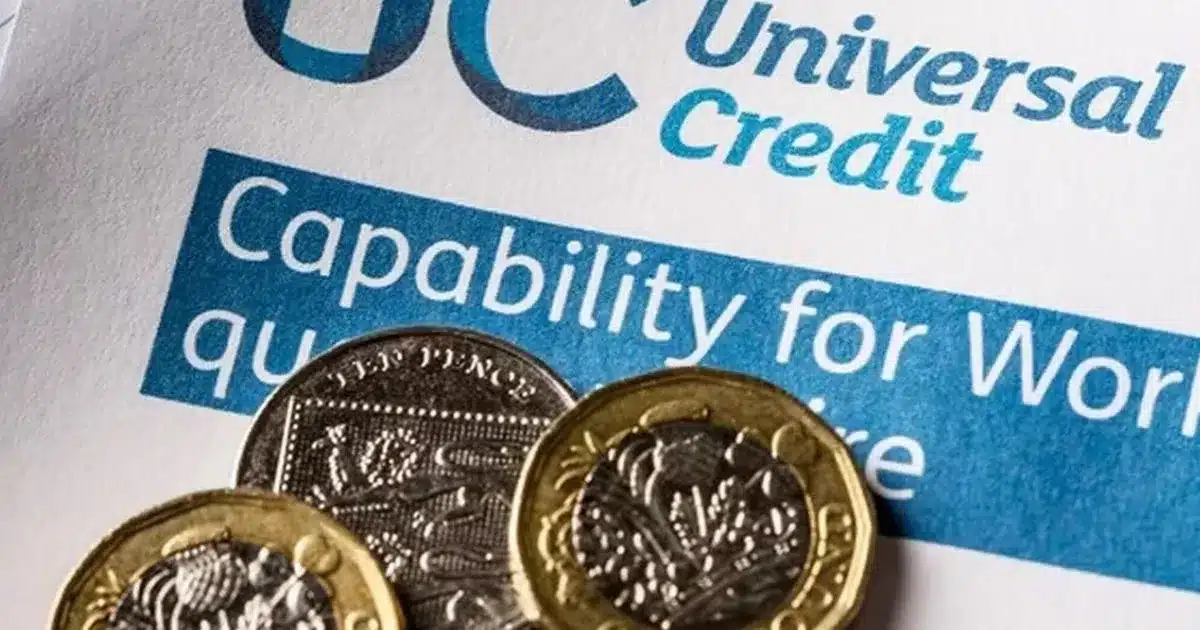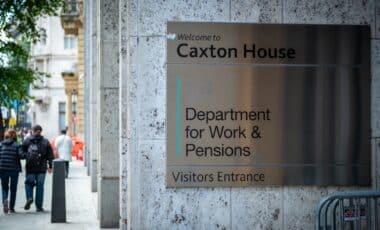The Department for Work and Pensions (DWP) is preparing to implement three significant changes to Universal Credit starting in April, aiming to simplify the benefits system and provide greater financial support for low-income households. These changes include the final phase-out of Tax Credits, an increase in the Universal Credit Standard Allowance, and higher rates for supplementary payments to families and disabled individuals.
With millions of claimants set to be affected, these updates come as part of the government’s broader effort to address the rising cost of living and ensure benefits keep pace with inflation. For households relying on Universal Credit, these adjustments could offer much-needed relief, but taking timely action will be critical, particularly for those transitioning from Tax Credits.
Changes to Universal Credit: What You Need to Know
From April, the DWP will roll out three important updates to Universal Credit as part of its broader reforms to modernise and simplify the UK benefits system. These changes aim to address the challenges faced by low-income households and individuals struggling with the rising cost of living.
The updates include:
- A replacement of Tax Credits with Universal Credit.
- An increase in the Universal Credit Standard Allowance.
- Higher rates for additional payments, such as the child element and disability support.
These updates will affect millions of claimants, and those impacted by the phase-out of Tax Credits are particularly urged to take immediate steps to ensure a smooth transition.
Tax Credits to Be Replaced by Universal Credit
One of the most significant changes is the replacement of Tax Credits with Universal Credit. This transition, set to be finalised by April 5, 2025, marks the end of Tax Credits as a standalone benefit.
What It Means for Claimants
Households currently receiving Tax Credits will need to migrate to Universal Credit, a process that is not automatic. The DWP has been issuing migration notices to affected individuals, requiring them to reapply for Universal Credit or, in some cases, Pension Credit.
Key Steps for Claimants:
- Act promptly upon receiving a migration notice. Failure to do so could result in a loss of benefits.
- Apply for Universal Credit or other benefits manually, as the transition is not automatic.
- Contact the DWP for guidance on the application process if needed.
The government aims to simplify the benefits system with this change, ensuring that claimants receive all the support they are entitled to through a single, streamlined process.
Increase in the Standard Allowance
In line with inflation, the Standard Allowance for Universal Credit will see an increase starting in April. This adjustment aims to provide additional relief for individuals and families grappling with rising living costs.
New Rates for the Standard Allowance:
- Single claimants under 25: Payment will rise from £311.68 to £316.98 per month.
- Single claimants aged 25 and over: Payment will increase from £393.45 to £400.14 per month.
- Joint claimants under 25: Payment will go up from £489.23 to £497.55 per month.
- Joint claimants aged 25 and over: Payment will rise from £617.60 to £628.10 per month.
These changes are part of the government’s commitment to ensuring benefits keep pace with inflation, providing greater financial stability for recipients.
Higher Rates for Additional Payments
In addition to the Standard Allowance, the DWP will also increase rates for supplementary payments designed to support families, disabled individuals, and caregivers.
Updated Rates for Extra Payments:
- Child Element:
- For a first child born before April 6, 2017: Payment will rise from £333.33 to £339 per month.
- For children born on or after April 6, 2017: Payment will increase from £287.92 to £292.81 per month.
- Support for Disabled Children:
- Lower rate: Payment will increase from £156.11 to £158.76 per month.
- Higher rate: Payment will rise from £487.58 to £495.87 per month.
These updates aim to provide targeted support to households with specific needs, helping them manage the additional financial challenges associated with caregiving and disability.
Why These Changes Matter
The DWP’s adjustments to Universal Credit are part of a broader effort to modernise the UK’s benefits system and ensure support reaches those who need it most. By phasing out Tax Credits and increasing payment rates, the government hopes to simplify the system while addressing the financial strain experienced by low-income households.
However, the success of these changes will depend on effective communication and prompt action from claimants, particularly those transitioning from Tax Credits. With a clear deadline of April 5, 2025, households are encouraged to review their circumstances and take steps to secure their benefits.









